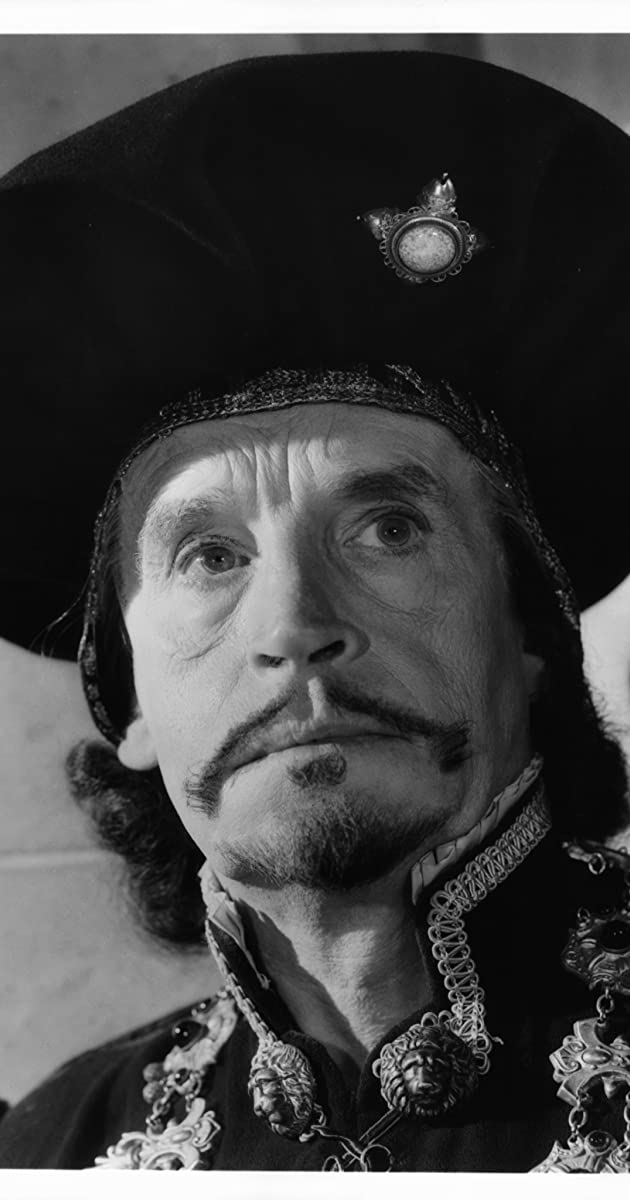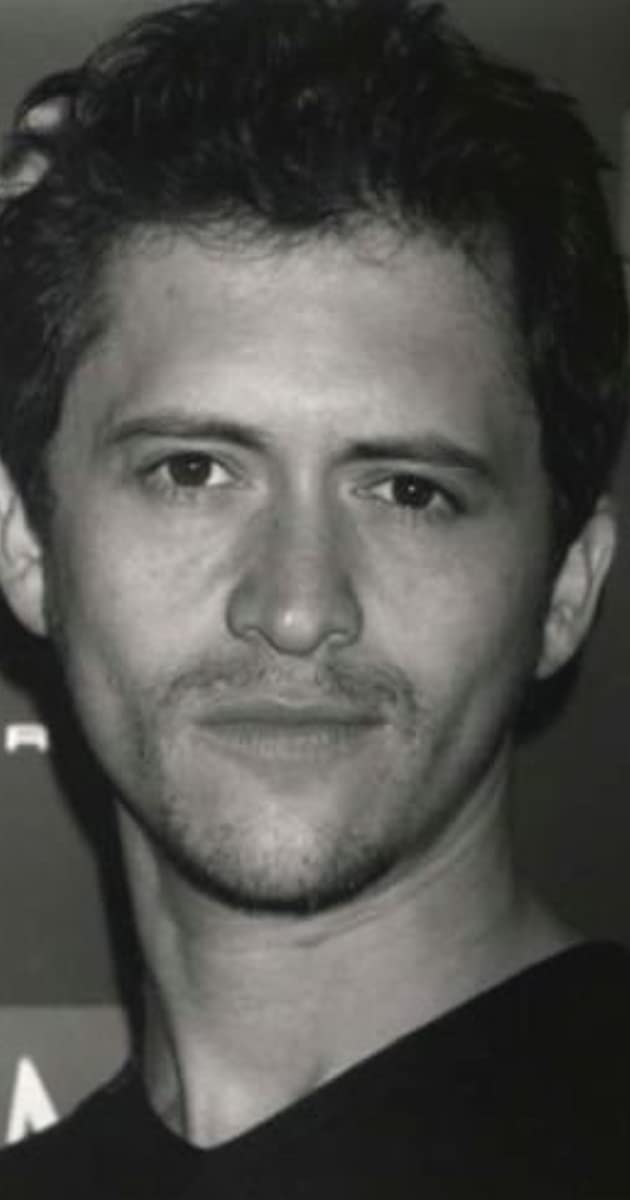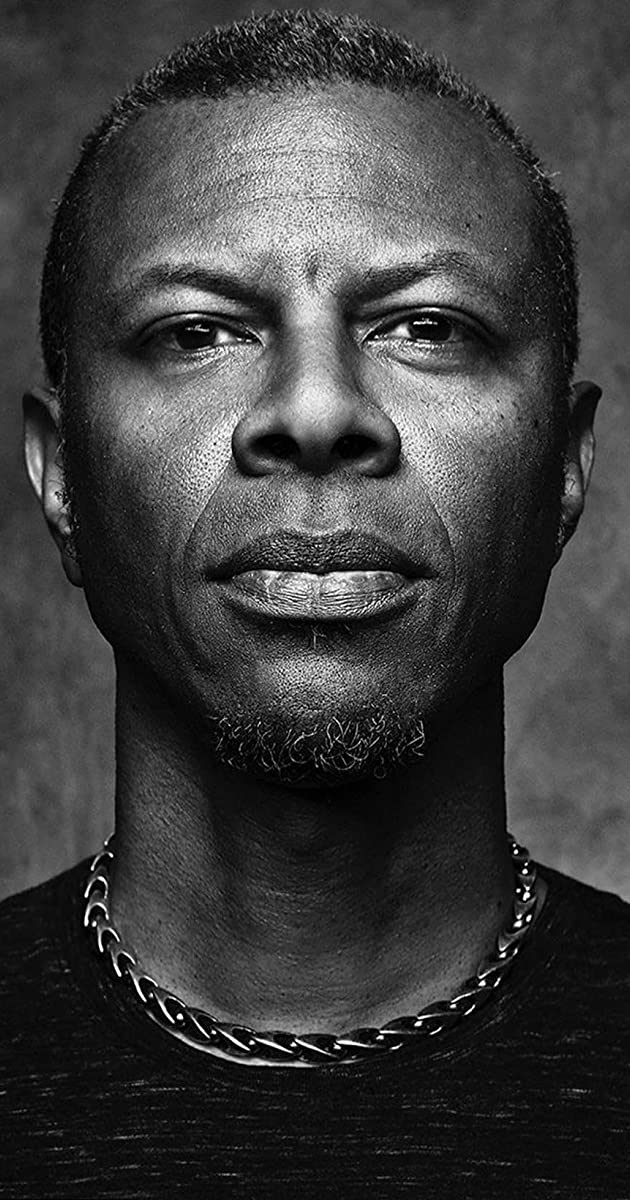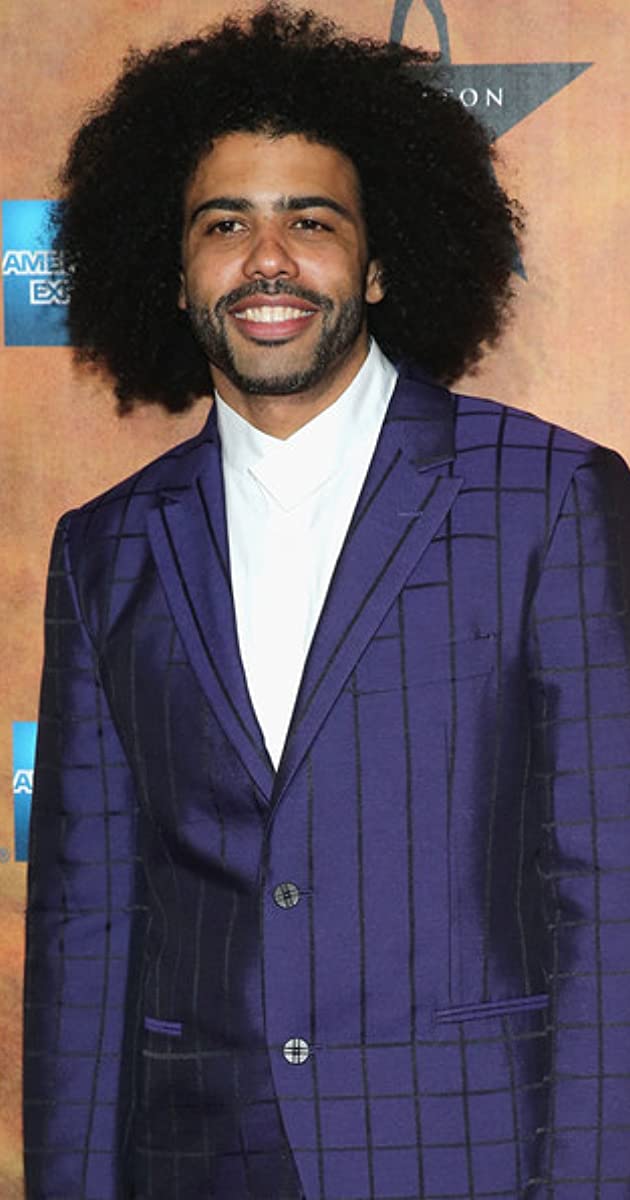
Henry Daniell began his career on the British stage, and continued it on the Broadway stage when he emigrated to the US. He entered films in 1929, and excelled at playing the suave, well-bred villain who could kill an enemy or start a war with a certain air of upper-class disdain, as if all of this effort were beneath him. His long and distinguished career ended in 1963, when he suffered a heart attack while filming My Fair Lady (1964).
One of Hollywood’s greatest screen villains, Charles Henry Pywell Daniell was born in London, England, the son of Elinor Mary (Wookey) and Henry Pyweh Daniell, L.R.C.P. He had the profound misfortune to make his professional theatrical debut on the eve of World War I. His life thus interrupted, he served in the trenches on the Western Front with the 2nd Battalion of the British Army’s Norfolk Regiment. Wounded in action, he was invalided out of service in 1915 and spent much of the next few years on the West End stage without rising to particular prominence. In 1921, he made his way to the U.S. and worked hard to establish himself as a character player on Broadway, beginning with his role as Prince Charles de Vaucluse in “Claire de Lune”. He enjoyed critical acclaim in only his third performance on the ‘Great White Way’, co-starring with Ethel Barrymore in “The Second Mrs. Tanqueray” (1924). For the remainder of the decade, Daniell alternated touring on both sides of the Atlantic, before making his first appearance on screen in 1929. Daniell’s lean physique, sardonic, almost reptilian features, cold voice and incisive manner made him ideally cast as icy, austere aristocrats or as insidious, manipulating evil masterminds in period drama.
His most famous role was as the duplicitous Lord Wolfingham in The Sea Hawk (1940), though Daniell’s inexperience as a swordsman compelled Warner Brothers to use a stuntman for the climactic fight scene with Errol Flynn. The previous year, Daniell had essayed the conspiratorial Sir Robert Cecil, spy master to Elizabeth I, with equal verve in The Private Lives of Elizabeth and Essex (1939). Under contract to MGM (1936-37), he also excelled as the erstwhile mentor of Greta Garbo’s Camille (1936), the Baron de Varville. Their vitriolic exchanges are a highlight of the film and belie the fact that Daniell was fretfully nervous acting opposite Garbo. His other, invariably unsympathetic, portrayals include the scheming La Motte in Marie Antoinette (1938), the hypocritical clergyman Henry Brocklehurst in Jane Eyre (1943) and the gleefully villainous Regent in The Bandit of Sherwood Forest (1946). By the 1940’s, Daniell popped up more and more in lower budget productions, yet managed to deliver two of his finest performances to date: the first, as Professor Moriarty, arch nemesis of Sherlock Holmes (played by his real-life friend Basil Rathbone) in The Woman in Green (1945); the second, as Dr. Wolfe MacFarlane, a 19th century Edinburgh surgeon employing the grave-robbing services of Boris Karloff in The Body Snatcher (1945), a Faustian parable in which any semblance of morality and virtue is sacrificed to the pursuit of scientific knowledge. In the end, Gray (Karloff), the instrument of MacFarlane’s machinations becomes “a canker in his body”, but even his killing cannot assuage the surgeon’s guilty conscience and he is eventually hounded to death by visions of the latter’s corpse. This was a rare leading role for Daniell whose scenes with Karloff are among the most chilling of any in this genre. For a change of pace — or, perhaps, to change his image — Daniell did the occasional comedic turn, most notably in Charles Chaplin’s Third Reich parody The Great Dictator (1940), as ‘Garbitsch’, a none too thinly disguised caricature of Joseph Goebbels.
On stage, he enjoyed his most successful run (344 performances) as the avaricious Henri Trochard in “My 3 Angels” at the Morosco Theatre in 1953. The play was filmed two years later as We’re No Angels (1955), with, who else, but Basil Rathbone, in the part. Daniell died of a heart attack on the set of My Fair Lady (1964).


